Sundance Institute announces Native filmmaker Fox Maxy as 2022 Merata Mita Fellow, honors Bird Runningwater, and Cherokee Nation announces $1 million incentives for filmmakers
The Sundance Institute held a Native Forum Celebration on Monday highlighting the contributions of Native and Indigenous filmmakers at this year’s Sundance Film Festival.
The forum was hosted by the Sundance Institute’s Indigenous Program Interim Director Adam Piron (Kanienʼkehá꞉ka Mohawk and Cáuigù/Kiowa) and was opened with remarks from both the Sundance Institute CEO Joana Vicente and Sundance Institute Board member Amy Redford.
The opening drum songs and forum blessings were offered by Bart Powakee and the Red Spirit Singers from the Ute Tribal Nation.
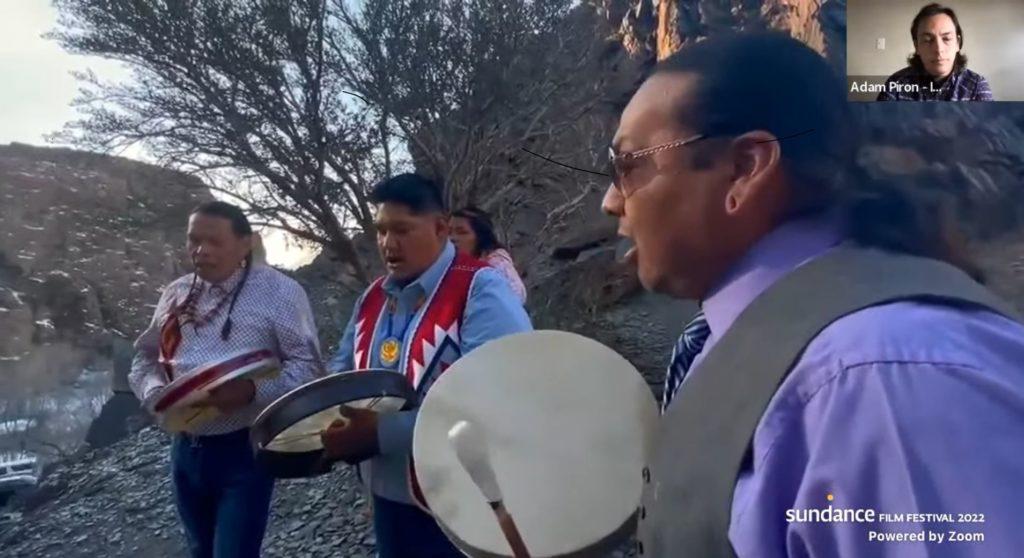
During the forum, Jennifer Loren from the Cherokee Nation Film Office, and Principal Chief Chuck Hoskin, Jr. announced one million dollars in incentives for filmmakers to film in the Cherokee Nation’s Oklahoma territories. Interested filmmakers can visit the Cherokee Film Office website at www.Cherokee.film.
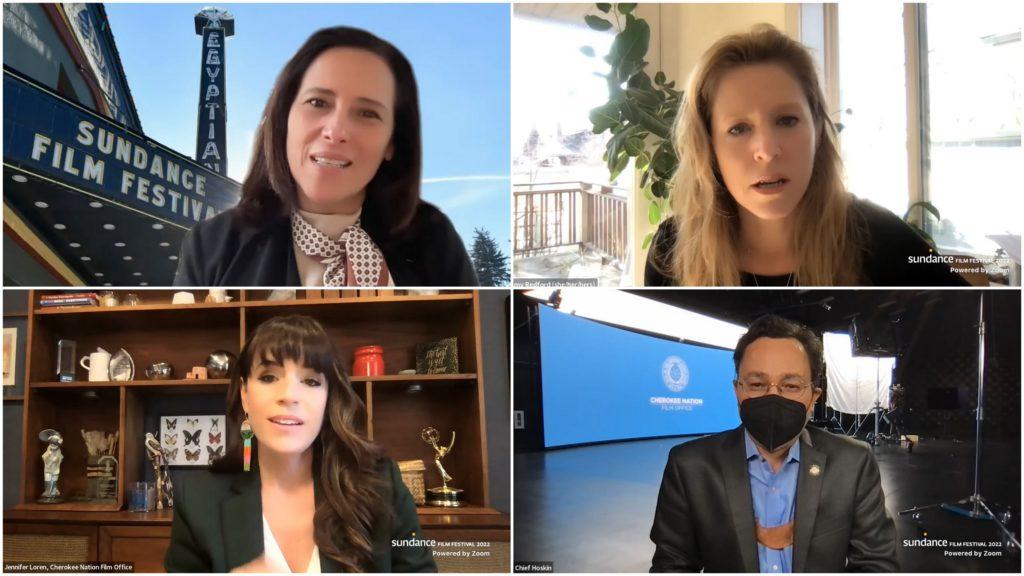
Piron also took a moment to celebrate the contributions of former Indigenous Program Director N. Bird Runningwater. He then announced the 2021 Native Lab Fellows and Artists-in-Residence and acknowledged the nine Indigenous-made projects from around the world that are premiering at the 2022 Sundance Film Festival from January 20-30.
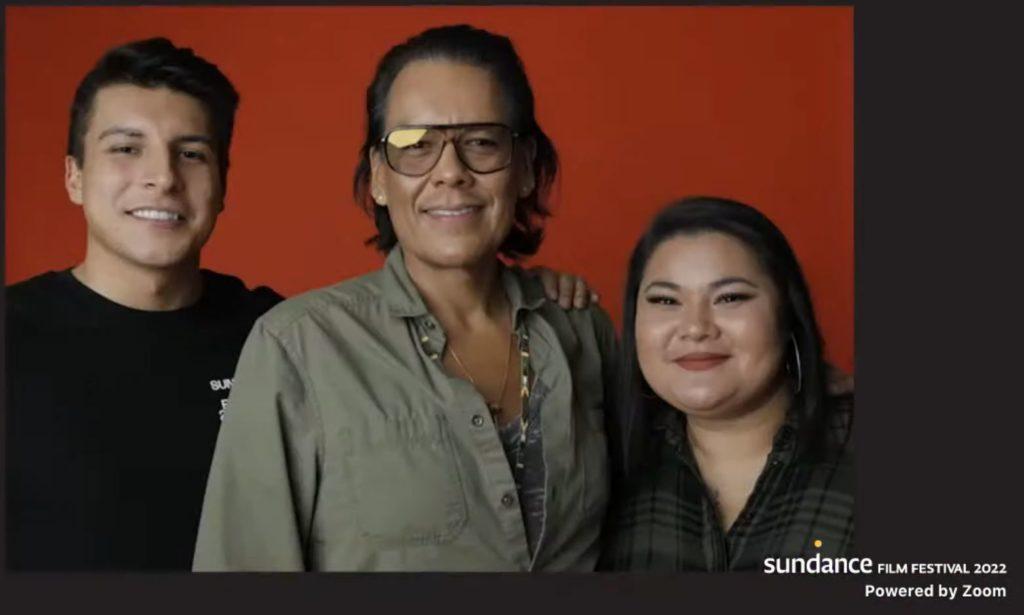
The films announced by Piron included the following:
NEXT program
Every Day in Kaimuki by Hapa Hawaiian/Asian filmmaker Alika Tengan.
New Frontier program
Atua by New Zealand director Tanu Gago
Short films
This Is Not A Ceremony by Blackfoot and Dutch filmmaker Ahnahktsipiitaa.
The Headhunter’s Daughter by Ifugao and Visayan descent filmmaker Don Josephus Raphael Eblahan.
Long Line Of Ladies by Iranian director and producer Rayka Zehtabchi and Dine’ filmmaker and cinematographer Shaandiin Tome.
Kicking the Clouds by Ho-Chunk filmmaker Sky Hopinka.
Maidenhood by Oaxaca-born Indigenous director Xochitl Enriquez Mendoza.
What They’ve Been Taught by Cherokee Nation director and filmmaker Brit Hensel.
On The Morning You Wake (To The End Of The World) by Kanaka Maoli Wahine filmmaker Dr. Jamaica Heolimeleikalani Osorio as well as Mike Brett, Steve Jamison, Arnaud Colinart and Pierre Zandrowicz.
2022 Merata Mita and festival info below taken directly from Sundance Institute news release
The Sundance Institute’s Piron also announced the recipient of the 2022 Merata Mita Fellowship, an annual fellowship named in honor of the late Māori filmmaker Merata Mita (1942-2010) designed for Indigenous women-identified artists who are striving to direct a feature film.
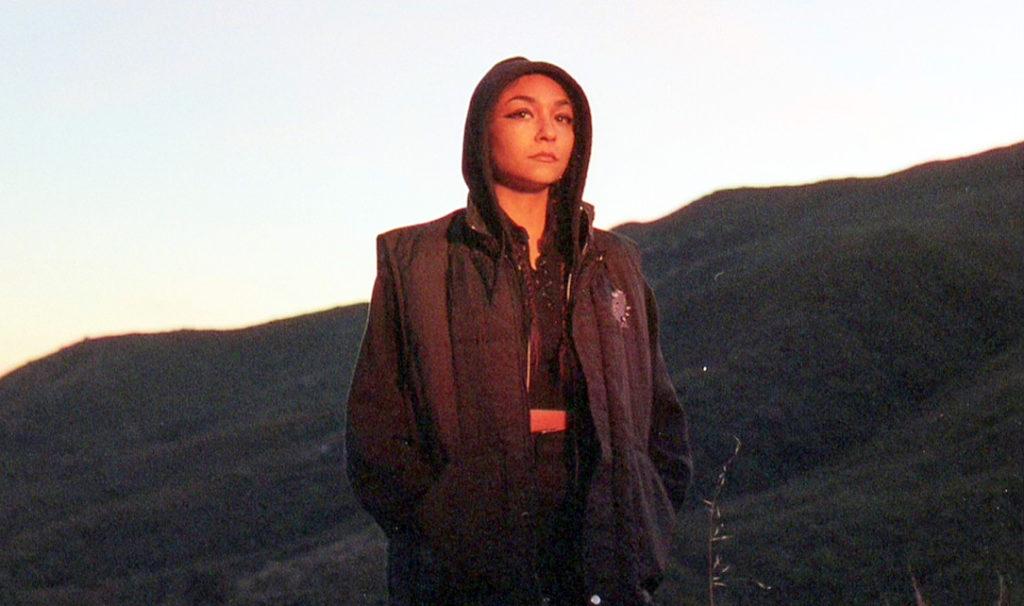
This year’s Fellow, Fox Maxy (Payómkawichum and Mesa Grande Band of Mission Indians) was recognized at the Native Forum Celebration on The Spaceship in the Festival’s Online Platform during the 2022 Sundance Film Festival.
“I am very grateful to be honored with this opportunity … Mita didn’t hold back, she told the truth,” said Maxy during the forum. “I want to share with people, that they can do whatever the hell they want … I am excited for the opportunity to create,” said Maxy after receiving the honor.
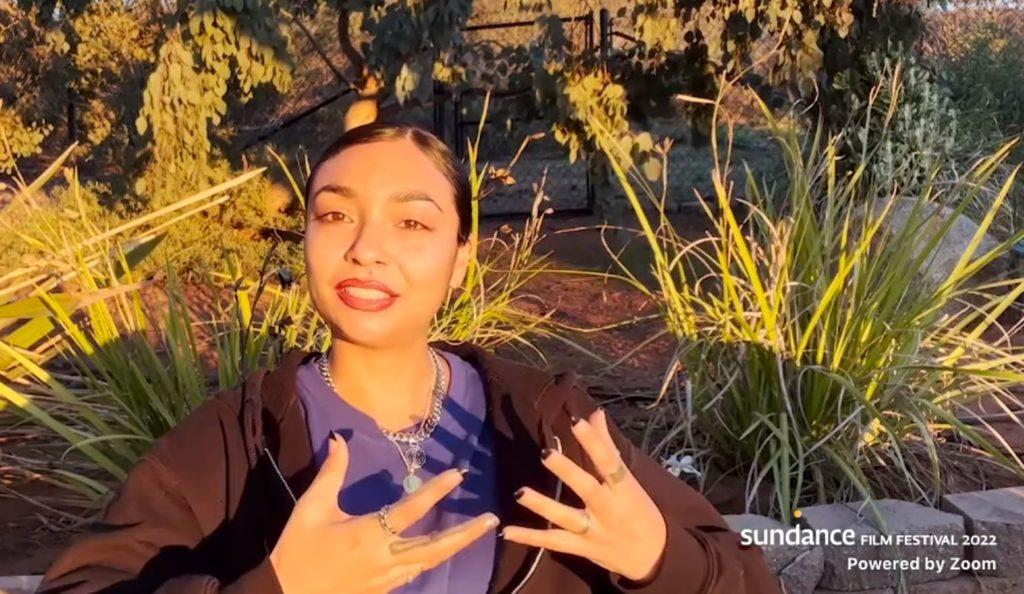
Merata Mita (Ngāi Te Rangi/Ngāti Pikiao) was one of the first Māori women to write and direct a dramatic feature film. She served as an advisor and artistic director of the Sundance Institute Native Lab from 2000 to 2009, where she championed emerging Indigenous talent. In continuation of her legacy, the Sundance Institute is in its seventh year of awarding a fellowship in her name to an Indigenous woman-identified filmmaker from a global applicant pool. The Fellowship includes a cash grantand yearlong support with activities, including attendance at the Sundance Film Festival, access to strategic and creative services offered by Sundance Institute’s artist programs, and mentorship opportunities
Fox Maxy is a filmmaker and artist based in San Diego, CA. Her work has screened at BAM CinemaFest, International Film Festival Rotterdam (IFFR), imagineNATIVE Festival, MoMAs Doc Fortnight, LACMA, AFI Docs and Camden International Film Festival among other places. Maxy’s first feature film, Watertight, is “a collection of interviews about mental health and suicide, interrupted by fake commercials, reality tv parodies, animations and archival footage. Watertight flips through channels, traveling around Indian country and big cities, following people who create their own realities.”
“Gathering each year to celebrate the memory of our Sundance Institute colleague Merata Mita in this way is so rewarding as she was the first Indigenous woman to solely write, direct and produce a dramatic feature film — it’s only right to pass on that torch every year by providing resources and support to one of the many Indigenous women-identified filmmakers she has inspired globally,” said Adam Piron. “We’re in a moment where more Indigenous artists are telling their stories to a wider-reaching audience than ever before. However, the work of indigenizing the moving image is ongoing and, like Merata, we remain committed to contributing to that work in practical ways that build community and uplift Indigenous voices.”
“This opportunity feels like the biggest prize from the craziest game and it came at a time when I’m finally not scared of anything,” said Maxy. “I’ve been filming, taking photos and making collages with sounds or visuals since a very young age. I film every day, but it took me over a decade to put myself out there.”
“It takes guts to be vulnerable and pour your real emotions into a project, and there’s no guarantee that anyone will care,” Maxy continued. “When I heard that I received this fellowship, I cried. This means that my voice in my work is actually reaching people and I’m being heard. I’m grateful to the entire Sundance team. Our talks keep me calm. It’s like having a group of friends and mentors who are rooting for me to do what I want — they encourage me to carve my own rules and set out on my own path.”
Supporting self-determination in storytelling for Indigenous filmmakers and decolonizing the screen has always figured prominently at Sundance Institute. Native American filmmakers were invited to participate in the founding meetings of Sundance Institute and its first filmmaking Lab in 1981, and the Institute’s Feature Film Program, Documentary Film Program, and Sundance Film Festival conduct ongoing outreach to Indigenous artists and collaborate with the Indigenous Program to identify artists for support across the globe. Last year’s Merata Mita fellow, Marja Bål Nango, just attended the Sundance Feature Film Program’s January 2022 Screenwriters Lab.